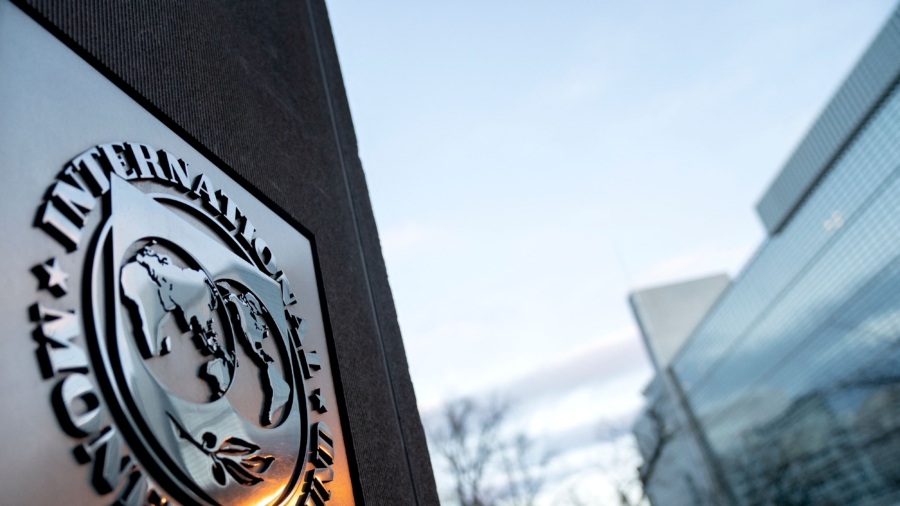Asia could face an enormous economic fallout. According to the International Monetary Fund (IMF), geopolitical tensions in the region could set a dangerous precedent, exacerbated by factors including recent military drills held by China around Taiwan.
The resulting fragmentation of the global economy could affect financial stability, reduce international investments in the region, and influence asset prices. Payment systems and the lending ability of banks could also be implicated.
“Geofragmentation risks have risen quite sharply over the last five years and have been accentuated by the war in Ukraine. If those risks rise, then Asia risks to lose the most among all the regions in the world,” Krishna Srinivasan, director of the IMF’s Asia and Pacific Department, told Bloomberg TV in an interview.
The situation has been brewing for quite some time. The IMF previously cautioned that regional fragmentation of the economy, with Western nations at one end and China on another, would likely stir up economic friction and uncertainty, leading to competing technology systems and reduced trade.
The IMF recently administered documentation emphasizing the risks that pertain mainly to developing economies in the Asian region–risks that are driven by financial channels. The content of the associated documentation will be a focal point in the upcoming IMF and World Bank spring meeting as part of the Global Financial Stability Report.
Financial stability will likely be at the forefront of discussions in the meetings in light of the recent banking system mayhem. This includes the recent failure of Silicon Valley Bank and Signature Bank in the United States. and Switzerland’s forced sale of Credit Suisse to rival UBS.
China’s bold military drills in the Taiwan Strait present another obvious hurdle. The recent meeting between House Speaker Kevin McCarthy and Taiwan President Tsai Ing-wen has prompted an aggressive response from China.
On April 10, over 90 People’s Liberation Army aircraft and 12 warships were detected around Taiwan. Over 50 flights were recorded in Taiwan’s sensitive air-defense identification zone–a record number to date. The military drills lasted three days, and PLA vessels stayed in the area afterward.
To reduce the risk of possible economic destabilization stemming from geopolitical factors, the IMF
It recommended in its Jan. 31 “World Economic Outlook Update” that banks, financial institutions, and regulators apply critical measures, including stress tests and scenario analysis, to understand better the effect rising tensions have on the financial system.
The IMF added that this could be initiated by reinforcing crisis management frameworks via cooperative arrangements between national and regional authorities. It also suggested strengthening regional safety nets through currency swap lines or precautionary credit lines from international financial institutions such as the IMF.
Conversely, despite the IMF’s gloomy forecasts for Asian economies, it also predicted a noticeable interim growth in the Asian economy overall. A projected growth of 4.6 percent for 2023 shows a 0.3 percentage-point upgrade from the World Economic Outlook October forecasts.
The increase is a result of China’s reopening following the scrapping of Beijing’s draconian Zero-COVID policy.
“We have China rebounding much faster than we anticipated, so both mobility and consumption are projected to grow faster. The U.S. and Europe account for 20 percent of Asia’s exports; they’re slowing, so that’s an offset. But China is compensating for that,” according to Srinivasan.
But significant challenges lie on the horizon over the medium term, with the IMF revising its forecast for growth for China to below 4 percent.
“There again, it’s a question of productivity; it’s a question of aging population,” he added.
Reuters contributed to this article.

